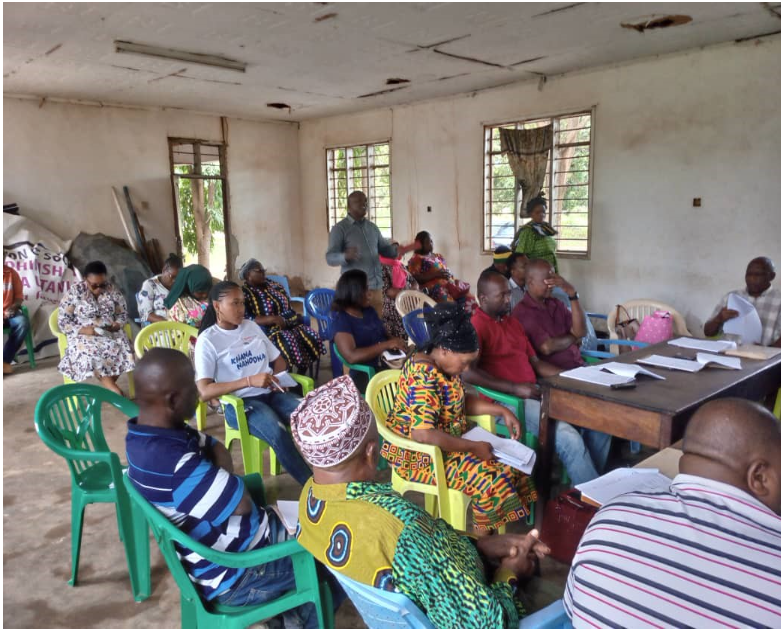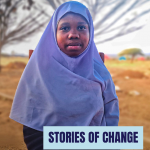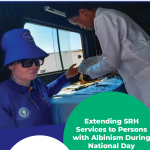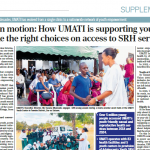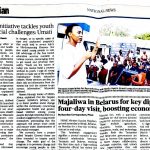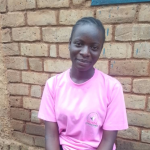Limited youth participation and representation in decision making bodies is one of the barriers affecting youth access and utilization of youth-friendly SRH services. It has been empirically proved that the participation of youth in decision making is an important mean through which young people can become advocate of their own issues, through making their challenges known and making strong calls aimed at transforming their health status.
In achieving this, the project YWLCs had identified limited participation of young people from local to national level as a matter of health concern. They had therefore committed to advocate for the youth involvement in decision making, delivering SMART ask to Ward authorities to ensure young people participate in the Ward Development Committee (WDC). A ward is geographical subdivision of a local authority in Tanzania. The WDC, as established by the Local Government (District Authorities) Act, 1982, is responsible for ensuring the implementation of decisions and policies of the district council, and development schemes. The members of the committees are public officers, by their titles, which means there is no legal representation of young people in these committees.
The YWLCs had committed to seek for the representation of young people, as invited guests who may also be available and requested to offer advise on youth-related issues even if they do not have any voting right.
From Morogoro region, Bhassa Tanzania, which is among the Project’s YWLCs, had worked with CHW and Peer Educators from Mwembesongo Ward, Morogoro municipality to present this request for youth representation. At first, the YWLC organized a courtesy call with the Ward Executive Officer (WEO), who is the chairperson of the Committee to table their ask for youth participation. The WEO welcomed the request and was very positive of youth participation in WDC as in most cases they discuss about youth issues without getting to hear from the young people themselves. However, one obstacle was clear on legal status of the representation “We were received by the WEO and after our discussion he was very positive that its true young people need to have a space in the committee. However, he told us that as the committee has been established by the law which specifies specific members, it means even if he allows our participation in the committee that will not be sustainable as another WEO might come and not see the need for us to participate. But also, our contribution may not count as we are not legal members. We agreed on the thought and that will be one step ahead to take the matter to the law makers to amend the law,” remarked the peer educator Ms Leila Salum.
It was later on agreed that the Peer Educator should participate in the meeting and she should also prepare a presentation of her work in reaching out to the young people in the ward and that also her opinion might be sought whenever a youth voice is needed before a decision is made in the council.
For the YWLC, this was not only an opportunity to create a space for youth representation but also an important opportunity to enhance their organization’s capacity to influence changes as narrated by Bhassa Program Manager “The SRHR and the SMART advocacy training provided by SYV project has helped our organization with capacity to identify SRHR advocacy issues, build SMART asks and know exactly where and to whom to submit our SMART Asks’’
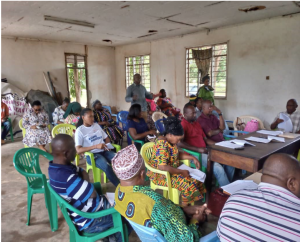
SYV Project peer educator Leila Salum (in a white t-shirt) attending the Ward Development Council meetings as invited guest.

